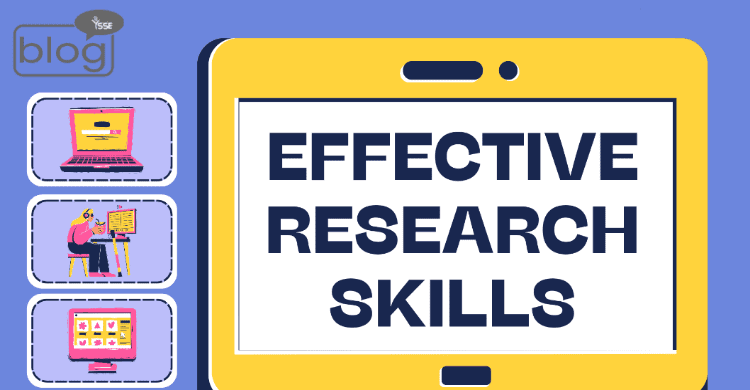The 21st century is the time of information and technology. We live in a world of information overload, where search engines and Ai websites serve up instant answers to our questions.
We don’t seem to need deeper knowledge as it is just a click away. But does surface level understanding fuels creativity or forms perspective?
Informed decision making requires more than just surface level knowledge, it requires the active pursuit of deep research practices.
Now you might think isn’t research simply about finding answer!
Actually no, it’s much more than just finding answers, its about cultivating a curious mind, searching through the vast ocean of information, asking the right questions. It is about passively consuming facts and actively constructing knowledge.
So, how do we exactly learn to develop research skill which would make us more than just passive information consumer?
Well there’s no easy answer to this but here are some points to consider if you’re on a journey of acquiring effective research skills;
- Embrace critical thinking:
Simply knowing information is not enough, one has to cultivate the habit of analyzing, evaluating and synthesizing information. Don’t blindly trust whatever you read, learn to question these information and construct your own conclusions. It’s not a habit that is formed instantly, rather an ongoing process.
- Not fearing the dive:
Research can be challenging. There are so many information on the internet today, diving into these sea of data can be intimidating. Yet don’t shy away, embrace the challenge and see them as learning opportunity.
- Finding the right source:
as we identified the internet to be a mine of information, we also have to address the fact that it is a minefield of misinformation. Learning to distinguish between reliable and unreliable sources and finding the credible sources is crucial.in these cases reputable news sources, academic database, experts interviews can be the sources to start your research with,
- Ask powerful questions:
curiosity is the start of your journey. So don’t be afraid to ask questions. Ask why, how, what ifs as many as you want. Seek different perspectives, the quality of your research depends on the quality of your question.
- Prioritizing quality over quantity:
It is very easy to be lost and consume every detail you can find on a topic even if it’s unnecessary. But thus can be very overwhelming. You have to acquire information from active processing not by passive intake of data.
- Stay curious:
Effective research is a lifelong journey. So it is important to maintain that curiosity over time. Cultivate a love for learning, it world help you enjoy this journey.
- Learn to build a toolbox:
You’ll need different tools while doing research. Learn how to use your academic databases effectively. Be familiar with research methodology, learn about citation software, master digital note taking. The more tools you master the bigger your toolbox gets and the more efficient you’ll be in your research.
- Share and collaborate:
whatever your findings share them with your peers. You need the help from your experts. It is not a solitary work. Collaborate with others. Engage in relevant new challenges and ideas.
You have to remember the deeper you dig, the more exciting it gets. It takes time to develop the perfect research skillset.
Give it time with patience. Deep knowledge is empowering, it helps you make informed decisions and contribute to your field more meaningfully, so keep on going with this practice and create value with knowledge.
To read more blogs, click here.
Writer
Sadia haque
intern, Content writing department
YSSE

